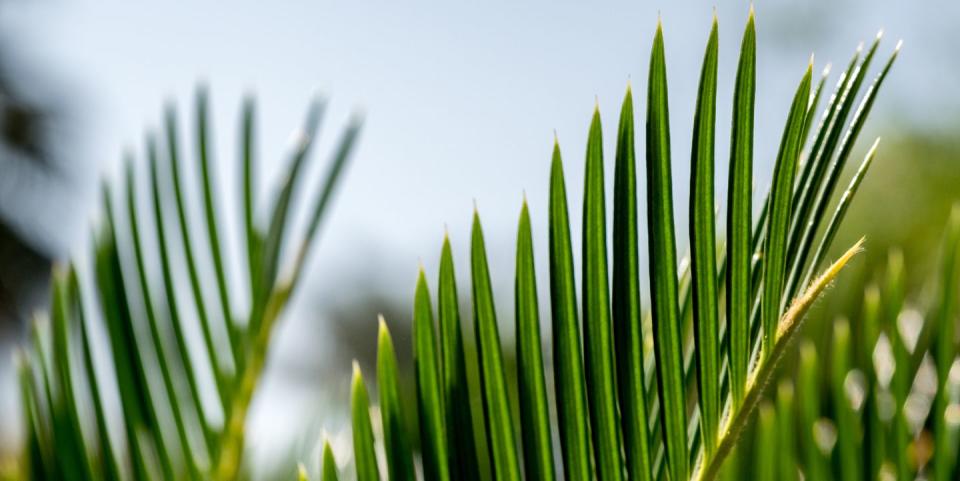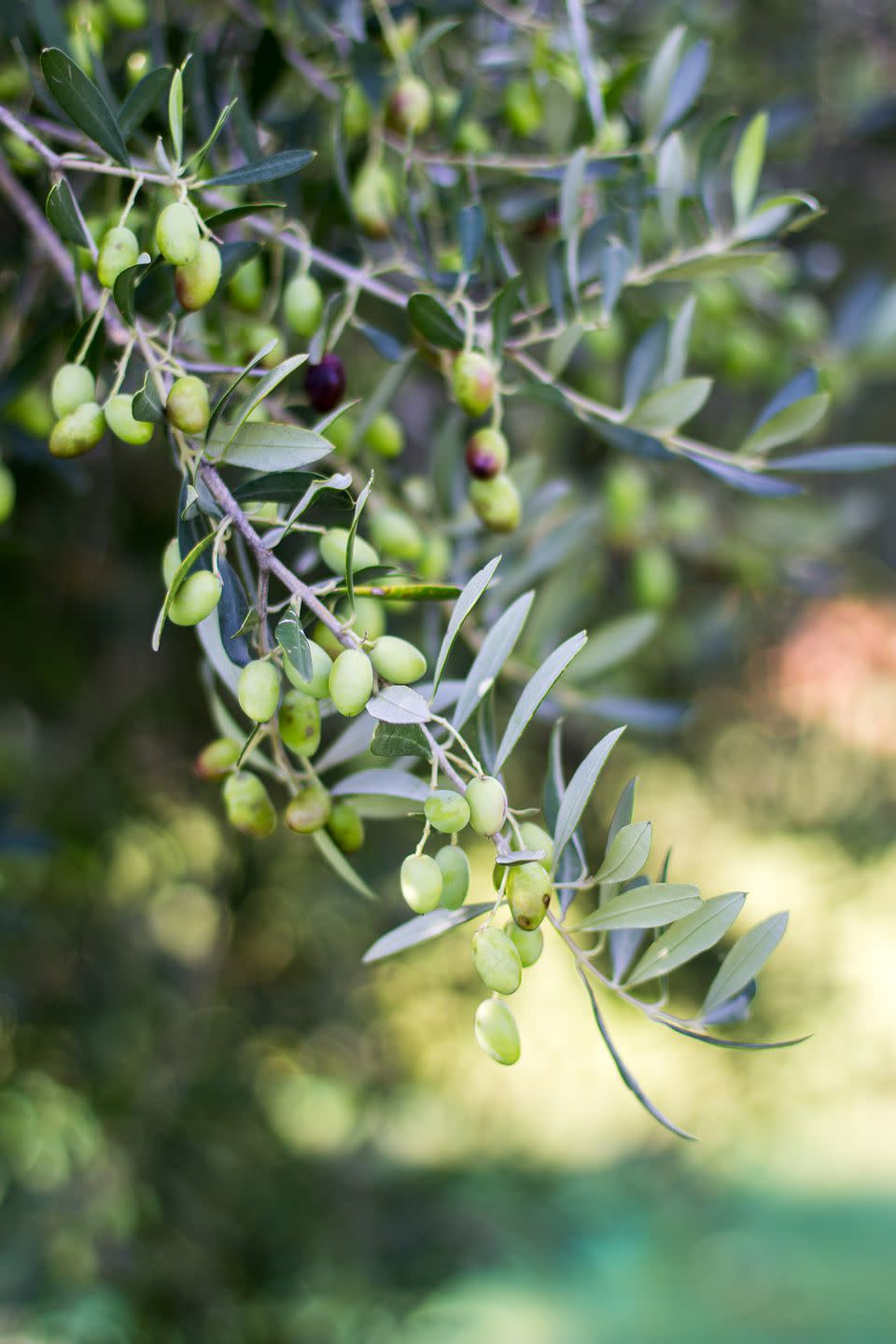Palm and olive trees could be at risk of extinction in the UK because of Brexit

Palm trees and olive trees could be at risk of extinction on British shores after Brexit, according to new research led by online garden centre Gardening Express.
Whether it's our property market or travel plans, the looming Brexit date has brought a sense of uncertainty to much of the country. But now it could even affect which native plants enter the UK.
New fears have been raised over whether some of our garden favourites could become rarer in Britain if regulations don't align with the EU. Plants of a Mediterranean origin - such as palm and olive trees - are at risk of supply shortages, should the import restrictions be tightened. It could result in import costs being raised dramatically.
Polygala, a beautiful fuchsia plant, could also be further investigated at customs if the Brexit deal is voted in. It's also feared that Oleanders - the evergreen shrub packed with pink petals - may too be stopped from entering the UK.
Many of these plants are susceptible to diseases, but are currently being strictly monitored by EU laws before entering the UK. If we leave the European Union, it could mean any plants that pose a health risk (because of the diseases they carry) could be banned from entering.
'Restrictions on imports of foreign plants could tighten post-Brexit if the government don’t align laws that control the flow of organic products with existing EU regulations,' Chris Bonnet, founder of Gardening Express explains.

'Plant retailers understand the need to protect domestic species from tropical diseases, but altering existing quarantine and supply laws and procedure could be a huge administrative obstacle for stores like mine.'
Chris is now urging the government to consider regulatory alignment on plants, flowers and trees 'to avoid creating any unnecessary additional red tape in UK gardens'. He adds: 'It would be such a shame if the cost of putting popular tropical plants through the necessary disease checks became prohibitive to their importation.'
Like this article? Sign up to our newsletter to get more articles like this delivered straight to your inbox.
('You Might Also Like',)

 Yahoo Finance
Yahoo Finance 
